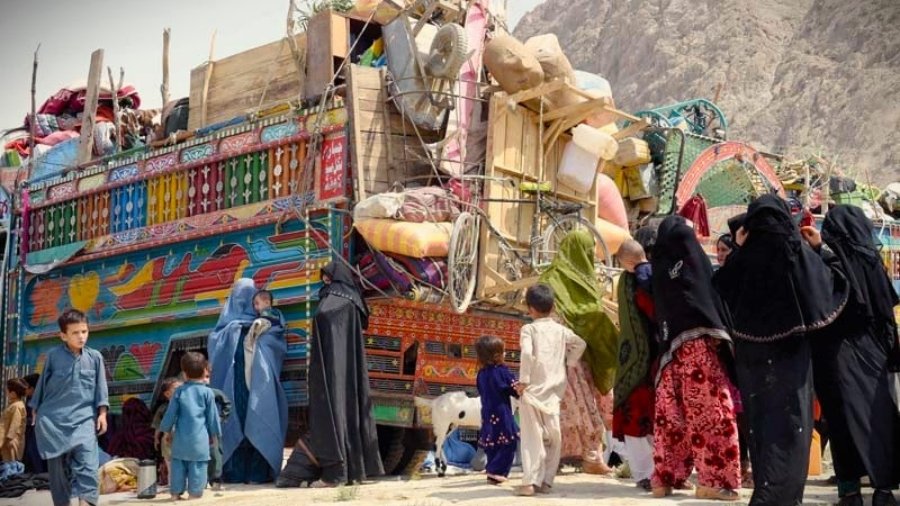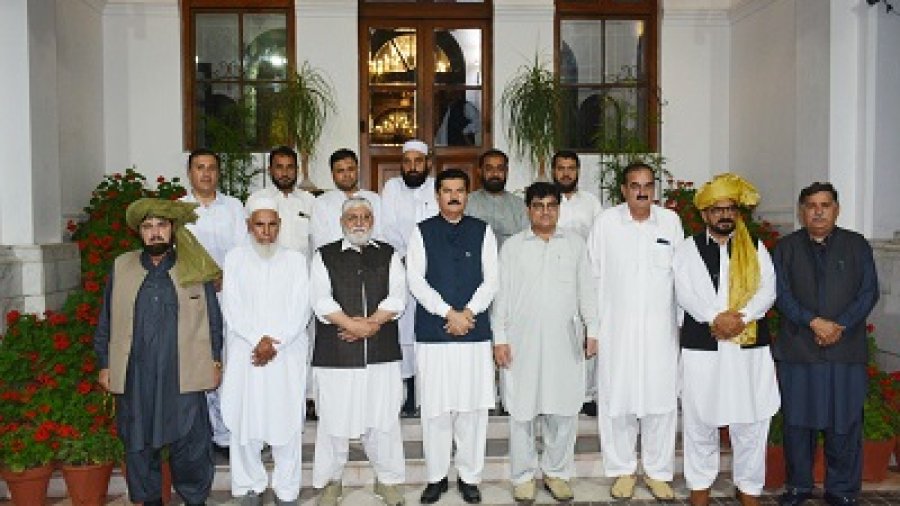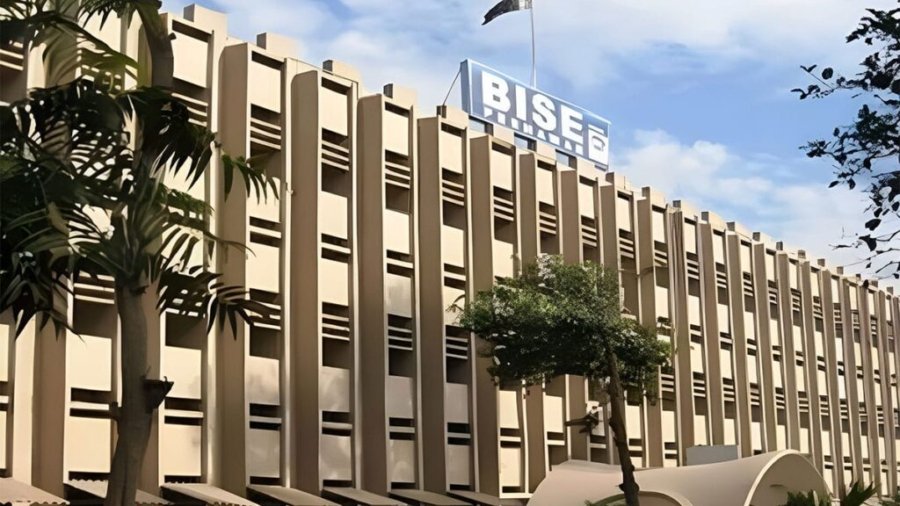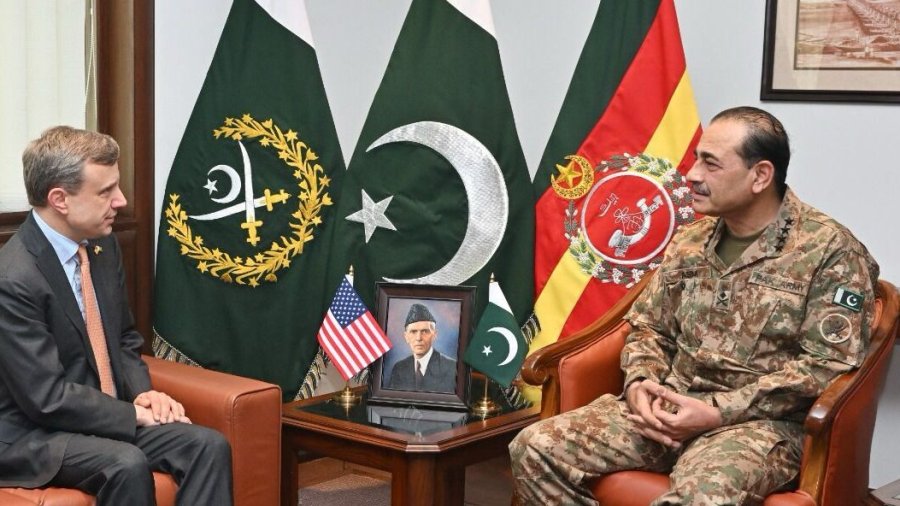In a significant move to ensure transparency in ongoing matriculation examinations, the Peshawar Board of Intermediate and Secondary Education (BISE) has suspended 24 invigilators found guilty of facilitating cheating. The invigilators have been permanently blacklisted from future examination duties, and a formal press release detailing their names and affiliations has been issued by the Board.
According to the Board, matric exams are currently being conducted transparently across six districts: Peshawar, Charsadda, Upper Chitral, Lower Chitral, Tribal District Mohmand, and District Khyber. The Board has ensured uninterrupted power supply by exempting 150 exam feeder stations from load shedding, and no paper leaks or major irregularities have been reported so far.
Action at Chaghar Matti Examination Center
One of the major actions took place at Government Girls High School Chaghar Matti, where a female District Monitoring Officer (DMO) reported the presence of unauthorized pocket guides and invigilators aiding in cheating. Following the report, the entire exam staff at the center was suspended.
The suspended officials include Maryam Bibi, Sana Hidayat, Hafsa, Sadaqat Ameen, Yasmin Begum, and Laila Mazhar.
Arrest and FIR in District Mohmand
In another major incident, BISE Peshawar officials conducted surprise visits at Islamia Model School and Pindiali Model School in Tribal District Mohmand. Multiple violations and negligence were found, leading to the suspension of all exam staff present.
A private individual, Abdullah s/o Officer Khan, was caught near the exam hall with a large number of pocket guides. He was taken into custody, and an FIR was registered at the local police station. Further investigation is underway.
Additional Actions in Charsadda and Khyber
In Charsadda’s Tangi Tehsil, both the Superintendent and Deputy Superintendent of Al-Asad Model School were suspended for failing to prevent cheating.
Similarly, at Bloom Star School Bara in Tribal District Khyber, a supervising officer reported a fellow examiner aiding students, leading to their immediate removal from duty.
Commissioner Peshawar Division’s Statement
Commissioner Peshawar Division and Chairman BISE Peshawar, Riaz Khan Mehsud, expressed satisfaction over the swift action taken against those involved in malpractice.
He stated that all measures are being taken in line with provincial government directives, and there will be zero tolerance for any involvement in cheating.
“The top priority is to maintain exam transparency, eliminate cheating, and provide students with the best possible environment,” said Mehsud.
He added that while the staff was dealt with strictly, no harsh action has been taken against students. “We aim to build a better future for our youth by providing them with a fair academic system,” he emphasized.






